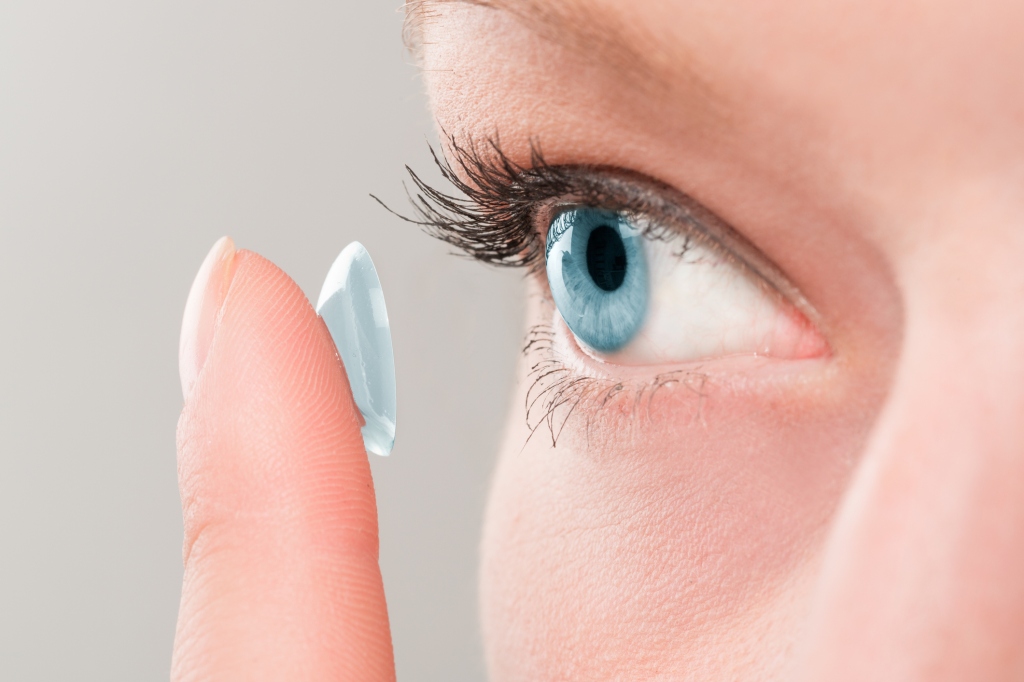- May 15, 2023
- 4 minutes read
Contact lenses contain dangerous levels of cancer-causing chemicals: study

New research has revealed that many soft contact lenses are made up of compounds linked to a host of health issues including cancer, liver and kidney disease, autoimmune disorders and fertility problems.
Fluoropolymers are by definition described as PFAS or “forever chemicals” and some contact lenses are found to have extremely high levels of organic flueronic, a marker of PFAS, in each.
They are called “forever chemicals” because they do not naturally break down, and are found in consumer products that resist water, stains and heat.
Researchers from a number of American universities including North Carolina State University tested 18 different pairs of soft contact lenses to see if they contained PFAS.
At least half were daily lenses.
New research show that many soft contact lenses from the US are made up of compounds linked to a host of deadly health issues.Getty Images/iStockphoto
The testing, commissioned by Mamavation and Environmental Health News public health blogs and carried out at an EPA-approved lab, searched for traces of organic flourine in lenses by brands Acuvue, Alcon and Coopervision.
Scott Belcher, a North Carolina State University researcher, told The Guardian “you could consider the lenses almost pure PFAS.”
Flourine was detected between 105 parts per million (ppm) to 20,700ppm.
This means all of the tested contact lenses exceeded 100 ppm, which is equivalent to 100,000,000 ppt, or 50,000 times more than the highest level deemed safe in drinking water by the EPA.
The three lenses with the highest amounts of organic fluorine were Alcon Air Optix (No Hydraglide) for Astigmatism (20,000ppm), Alcon Air Optix Colors with Smartshield Technology (20,700ppm) and Alcon Total30 Contact Lenses for Daily Wear (20,400ppm).
The toxins are called “forever chemicals” because they do not naturally break down.Getty Images/iStockphoto
The testing, commissioned by Mamavation and Environmental Health News public health blogs and carried out at an EPA-approved lab, searched for traces of organic flourine in lenses.Getty Images/iStockphoto
Among the lowest levels included Acuvue Oasys with Hydraclear Plus with UV Blocking (113ppm) and Alcon Dailies Total One-Day Water Gradient for Astigmatism (106ppm).
The chemicals are also so widely used that they can be unintentionally added to products throughout the supply chain.
Independent and academic researchers in recent years have found them in a range of products from toilet paper to plastic food containers to fruit juice.
